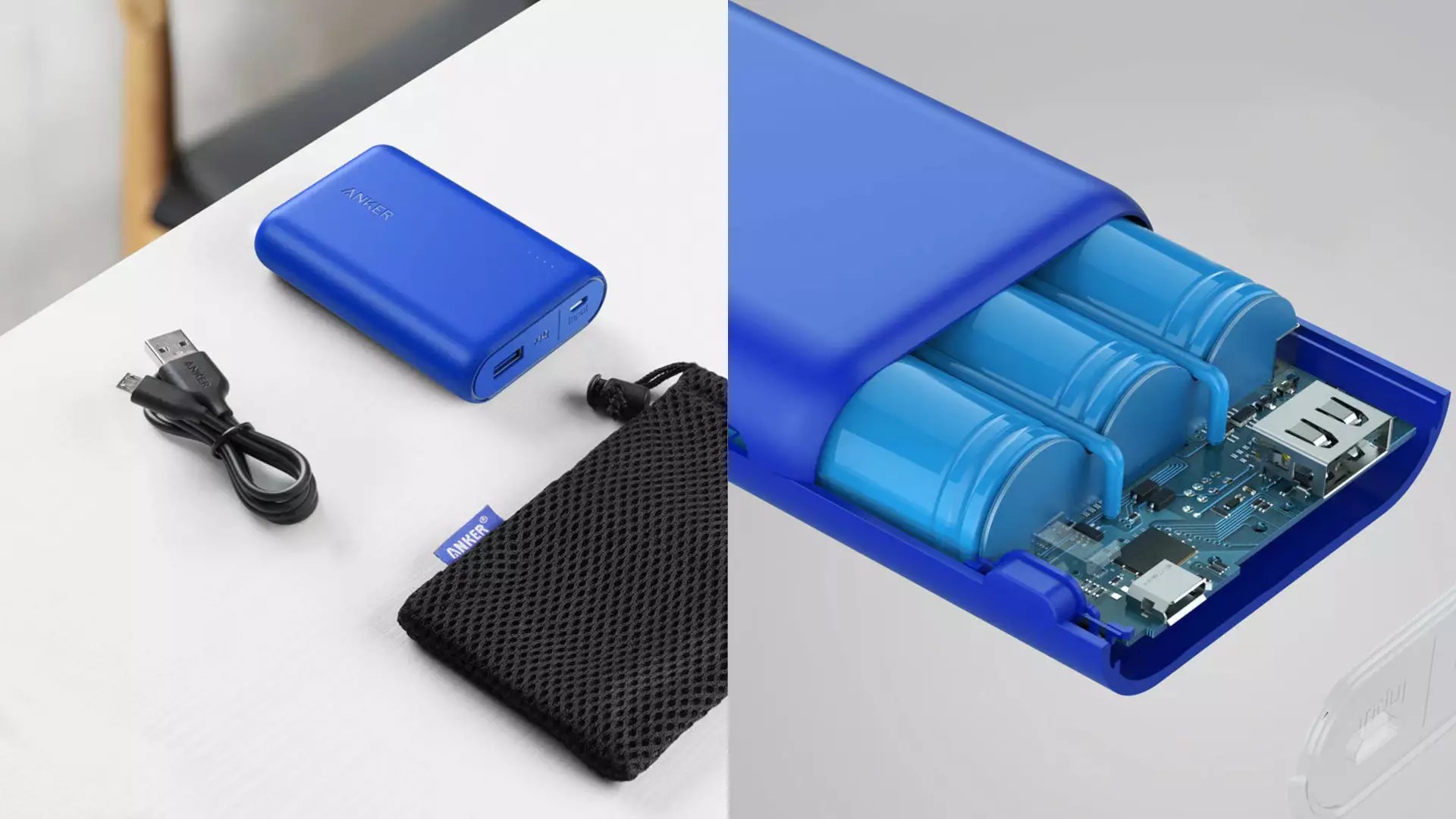In our modern world, lithium-ion batteries have become the silent heroes powering almost every portable device we rely on daily. From smartphones and laptops to gaming devices and smartwatches, these compact energy reservoirs are integral to our digital lifestyles. Their ability to store substantial amounts of power in a small package has revolutionized portability, enabling us to stay connected, productive, and entertained on the go. However, despite their widespread utility, these batteries harbor an inherent risk that is often underestimated: their potential to malfunction catastrophically. As consumers, our trust in these omnipresent power sources sometimes blinds us to the lurking hazards, especially when recalls or safety warnings are issued.
The Recent Recall: A Wake-Up Call for Safety Awareness
Recently, global electronics giant Anker issued a widespread recall for certain batches of its power banks, casting a spotlight on the latent dangers of lithium-ion technology. Specifically, multiple models—including the PowerCore series, Zolo Power Banks, and MagGo units—were identified as potentially hazardous due to manufacturing issues originating from a single battery vendor. While the recall process is ostensibly a proactive safety measure, it also underscores the vulnerabilities intrinsic to lithium-ion batteries. The fact that only specific production runs are affected should make consumers scrutinize their devices diligently, checking serial numbers before continuing usage. The move to replace or refund affected units reflects an acknowledgment of the serious risks involved, yet it also raises broader concerns about over-reliance on these energy cells without rigorous safety oversight.
The Risks We Often Overlook
The danger posed by compromised lithium-ion batteries extends beyond mere device malfunctions. Overheating, swelling, and in worst cases, spontaneous combustion, are real threats that can endanger lives and property. These risks are especially accentuated in power banks, which are frequently carried in pockets or bags, often near sensitive items or flammable materials. When faulty, lithium-ion cells can overheat to the point of melting plastic components or igniting fires. Unfortunately, many users dismiss early warning signs such as swelling, strange odors, or excessive heat, which can be precursors to tragedy. This complacency is dangerous, as ignoring recalls or continuing to use defective units increases the likelihood of severe incidents. Previous cases involving overheating in portable speakers and other devices demonstrate that these hazards are not theoretical; they have materialized into injuries and property damage.
Why Vigilance and Responsible Disposal Matter
The dangers associated with malfunctioning lithium-ion devices are compounded by improper disposal. Lithium-ion batteries are classified as hazardous waste in most countries, and simply throwing them into regular trash is both illegal and environmentally harmful. Responsible handling involves contacting local authorities or specialized recycling centers that accept such batteries. Proper disposal is critical not just for environmental reasons but also to prevent accidental fires caused by residual faults. Consumers need to be proactive: if a device is recalled, cease usage immediately, follow manufacturer instructions for return or replacement, and dispose of the defective unit responsibly. The small act of ensuring proper disposal can prevent fires, injuries, and environmental degradation on a larger scale.
The Broader Implications: Trust and Regulation in a Tech-Driven Era
This recent recall by Anker serves as a stark reminder that even the most trusted brands are not infallible. It invites consumers to maintain a healthy skepticism about the safety of their devices and demands increased regulatory scrutiny. The technological marvel of lithium-ion batteries comes with an undeniable responsibility on manufacturers to uphold the highest safety standards. As users, we must educate ourselves about early warning signs, proper usage, and disposal methods. More importantly, we should advocate for stricter safety testing and transparency in the supply chain to minimize the risk of defective products reaching the market. The rapid proliferation of portable power sources makes it imperative for consumers and companies alike to prioritize safety over convenience, as overlooking these dangers can have devastating consequences.
An Urgent Call to Action for Consumers
The news of the recall should not be dismissed as just another corporate precaution but recognized as a critical warning. Lithium-ion technology, while revolutionary, is not risk-free. The best safeguard remains informed vigilance—checking serial numbers, following manufacturer instructions, and handling defective units responsibly. As the reliance on portable power continues to grow, so too must our awareness of the potential dangers lurking within these small but explosive devices. The next time you reach for your power bank, remember: safety should never be compromised, and being cautious is ultimately an act of self-preservation.


Leave a Reply